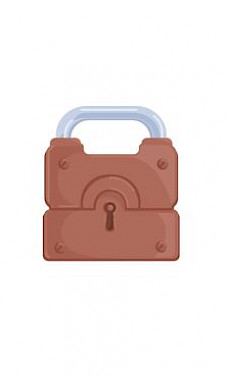
A Right to Privacy
Duration:
2 period(s)
Suggested level:
Secondary Cycle One
Subject:
Culture and Citizenship in Québec, English Language Arts, Law
Description
This activity gets students thinking about why privacy rights are protected. Learning tools include three real court decisions, discussion questions, a simulated negotiation session and a writing exercise. Students are called on to take a position on how privacy rights are defined in Canada.
Educational objectives
- To learn more about the Canadian Charter of Rights and Freedoms, privacy rights and their application in school
- To learn about how judges reach decisions
- To learn to effectively express an opinion during a discussion
- To practise writing an article or personal reflection
Subjects and subject-specific competencies
Culture and Citizenship in Québec - Secondary I
Cultural realities and compulsory main concepts: Collective life and public space - Public space and private space.
Compulsory specific concepts: Shifting boundaries between the public and private (due especially to the development of digital technology).
- Competency 2: Reflects on ethical questions:
- Examines a variety of points of view:
- Considers points of view and experiences.
- Compares reference points.
- Evaluates the reasoning being used.
- Examines a variety of points of view:
English Language Arts
- (Option A) Competency 2: Represents her/his literacy in different media
- (Option B) Competency 1: Uses language/talk to communicate and to learn
Duration
2 periods
Connections with other subjects
- History of Quebec and Canada:
- Societal choices in contemporary Quebec (Proclamation of the Constitution Act, 1982)
Broad areas of learning
- Media Literacy: Knowledge of and respect for individual and collective rights and responsibilities regarding the different media
- Health and Well-Being: Self-awareness and awareness of his/her basic needs
Cross-curricular competencies
- Uses information: Gathers information and puts it to use
- Exercises critical judgment: Forms and expresses his/her opinion
- Communicates appropriately
Related content
External pedagogical tools
- Pedagogical resources provided by MediaSmart
- Équijustice (association of Quebec’s alternative justice organizations): several mediation tools and services (French only)
- Office of the Privacy Commissioner of Canada : resources for teachers
- Cliquer Justice: video on privacy rights (French only)
External resources
- Decision of the Supreme Court of Canada: R. v. Patrick
- Decision of the Supreme Court of Canada: R. v. A.M.
- Decision of Ontario’s Superior Court of Justice: Leduc v. Roman


